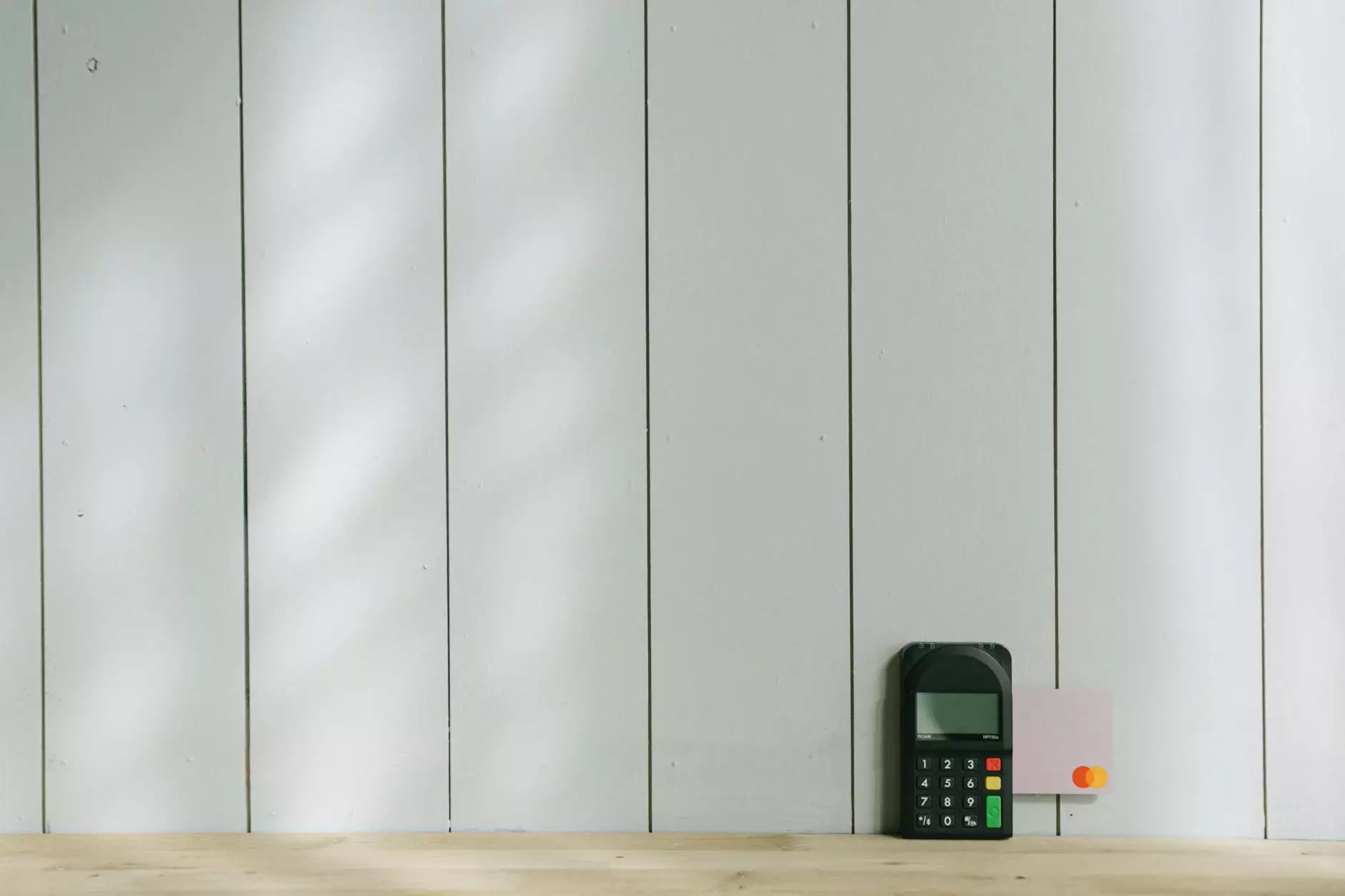Understanding Lung Cancer: A Silent Threat

Lung cancer remains one of the most common cancers worldwide, claiming millions of lives each year. It is essential to understand that early detection significantly improves survival rates. This is where the importance of screening comes into play, especially for those at higher risk.
What is Lung Cancer Screening?
Lung cancer screening is a process that involves tests to identify the presence of lung cancer in individuals who do not exhibit symptoms. The primary method used for lung cancer screening is a Low-Dose Computed Tomography (LDCT) scan. This non-invasive imaging test can detect lung cancer at an early stage, increasing the chances for successful treatment.
Who Should Get Screened for Lung Cancer?
Health organizations recommend that certain groups of individuals consider getting screened for lung cancer. These include:
- Adults aged 50 to 80 with a significant history of smoking (30 pack-years or more).
- Individuals who currently smoke or have quit within the last 15 years.
- People with a family history of lung cancer or certain genetic predispositions.
- Those exposed to harmful substances, such as asbestos or radon.
The Importance of Getting Screened for Lung Cancer
Early Detection is key in the fight against lung cancer. The earlier the cancer is detected, the greater the chances of successful treatment. Screening can lead to earlier stage diagnosis, where treatments are more effective and often less invasive.
Additionally, many early-stage lung cancers don’t show symptoms. This makes screening crucial for identifying cancer in those who feel perfectly healthy. Statistics indicate that early detection can reduce lung cancer mortality by 20% compared to those who are not screened.
Benefits of Lung Cancer Screening
Here are several benefits associated with lung cancer screening:
- Increased Survival Rates: Studies show that lung cancer screening reduces the risk of dying from the disease.
- Access to New Treatment Options: Early-stage lung cancer often qualifies patients for surgery and other localized treatments, leading to improved outcomes.
- Peace of Mind: For many, going through the screening process and knowing their lung health status can significantly alleviate anxiety.
- Informed Health Decisions: Screening results allow individuals to make better-informed decisions regarding their lifestyle and health management.
How is Lung Cancer Screening Performed?
The primary method for lung cancer screening is a Low-Dose CT Scan. Here’s what to expect during the screening process:
- You will be asked to lie on a narrow table while the CT scanner takes images of your lungs.
- The process typically lasts less than 30 minutes.
- You may be required to hold your breath for short periods while the images are captured.
- It is a painless procedure, and many patients can resume their normal activities immediately after.
Possible Risks and Considerations
While lung cancer screening can save lives, it’s also important to acknowledge potential risks:
- False Positives: Sometimes, a screening may suggest that lung cancer is present when it is not, leading to unnecessary stress and additional tests.
- Overdiagnosis: Some lung cancers detected through screening may never have caused symptoms during the patient’s lifetime.
- Radiation Exposure: Although the radiation dose in a low-dose CT scan is low, it is still essential to consider when making the decision to screen.
Preparing for Your Screening
Before your screening appointment, consider following these steps to ensure everything goes smoothly:
- Inform your doctor about any previous lung conditions or treatments.
- Avoid heavy meals prior to your test.
- Wear comfortable clothing that does not contain metal.
- Discuss any medications you are currently taking.
Follow-Up Care After Screening
After your screening, it’s vital to follow up with your healthcare provider to discuss the results. Here are some important points to consider:
- If your screening results are normal, discuss with your doctor when you should have your next screening.
- If abnormalities are found, your doctor will recommend further testing or management options.
- Be proactive about maintaining lung health through lifestyle changes, such as quitting smoking, improving nutrition, and engaging in physical activity.
Real-Life Impact of Lung Cancer Screening
Many individuals have benefited immensely from getting screened for lung cancer at the right time. Here are a few inspiring stories:
"I never thought I would be diagnosed with lung cancer. I felt healthy. But after getting screened based on my family history, I learned I had early-stage lung cancer. Thanks to early detection, I was able to receive treatment that saved my life." - Jane Doe
"After years of smoking, I was terrified of what a screening might show. But I knew I had to take the plunge. The peace of mind from knowing I was cancer-free was worth every moment of anxiety." - John Smith
Conclusion: Take Charge of Your Lung Health
In conclusion, the decision to get screened for lung cancer can be life-saving, especially for individuals at risk. With advancements in medical technology, the process has become more accessible and effective. Don’t wait for symptoms to arise; take the proactive step of discussing lung cancer screening with your healthcare provider today.
Call to Action
If you or someone you know fits the criteria, get screened for lung cancer at Neumark Surgery. Early detection is your best defense against lung cancer. Visit neumarksurgery.com to schedule your screening today and take a critical step towards a healthier future!









